Malawi, Mozambique and Zambia
As climate change strikes again in Southern Africa, Ipas responds to reproductive health needs
When tropical cyclones Ana and Batsirai killed nearly 100 people and left almost a million displaced or in need of humanitarian assistance in early 2022, Ipas teams in Malawi, Mozambique and Zambia worked quickly to ensure that reproductive health care was available to women and girls affected by the storm, particularly in the many emergency camps across the region.
Ipas teams delivered:
- support to mobile health clinics
- reproductive health supplies and equipment
- delivery and dignity kits
- shelter support for health providers
Women and girls are often on the frontlines of helping their families and communities survive major climate events. In the aftermath of cyclone Ana in Malawi, one woman told the Guardian: “The water just came abruptly and I managed to grab my children and run. I’m not sure what remains in the house, as it’s submerged. There is fertilizer, poultry, cash for farming and everything.”
The donation was essential because sexual and reproductive health is usually not prioritized in a crisis response,” says Pansi Katenga, Ipas’s global development director. “I am happy that that Ipas was in a position to address the sexual and reproductive health needs of women and girls living in the humanitarian camps.”
“Our focus is on sexual and reproductive health in these camps because we know that women in the camps still need the services. And we also know the health system at the moment has been a bit disrupted.”
Clement Kolove, Ipas Malawi country representative
Every crisis is different. Our varied solutions recognize that.
Through a variety of different programs and approaches, we’re proving that reproductive health care can be made accessible during an acute crisis and in the years that follow.
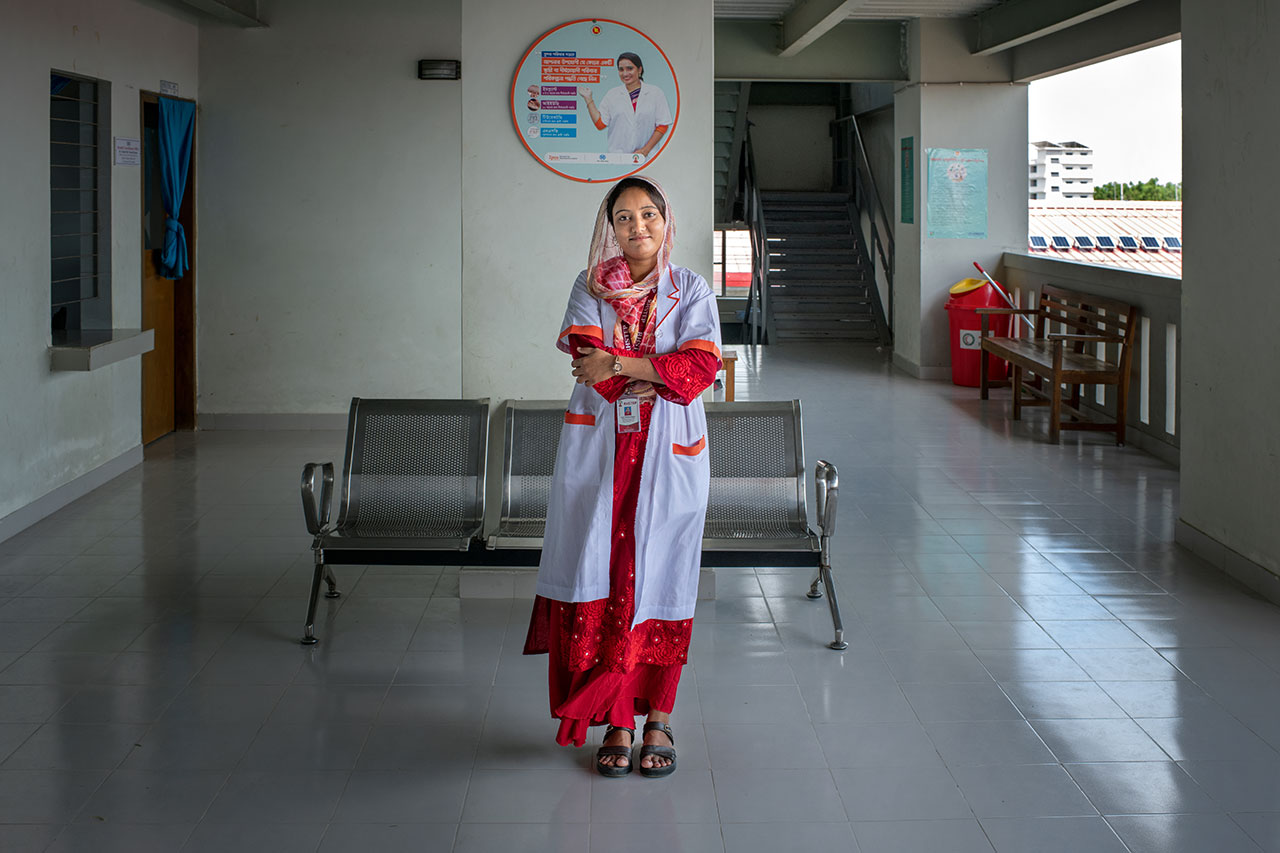
Bangladesh
Training health workers in Rohingya refugee camps
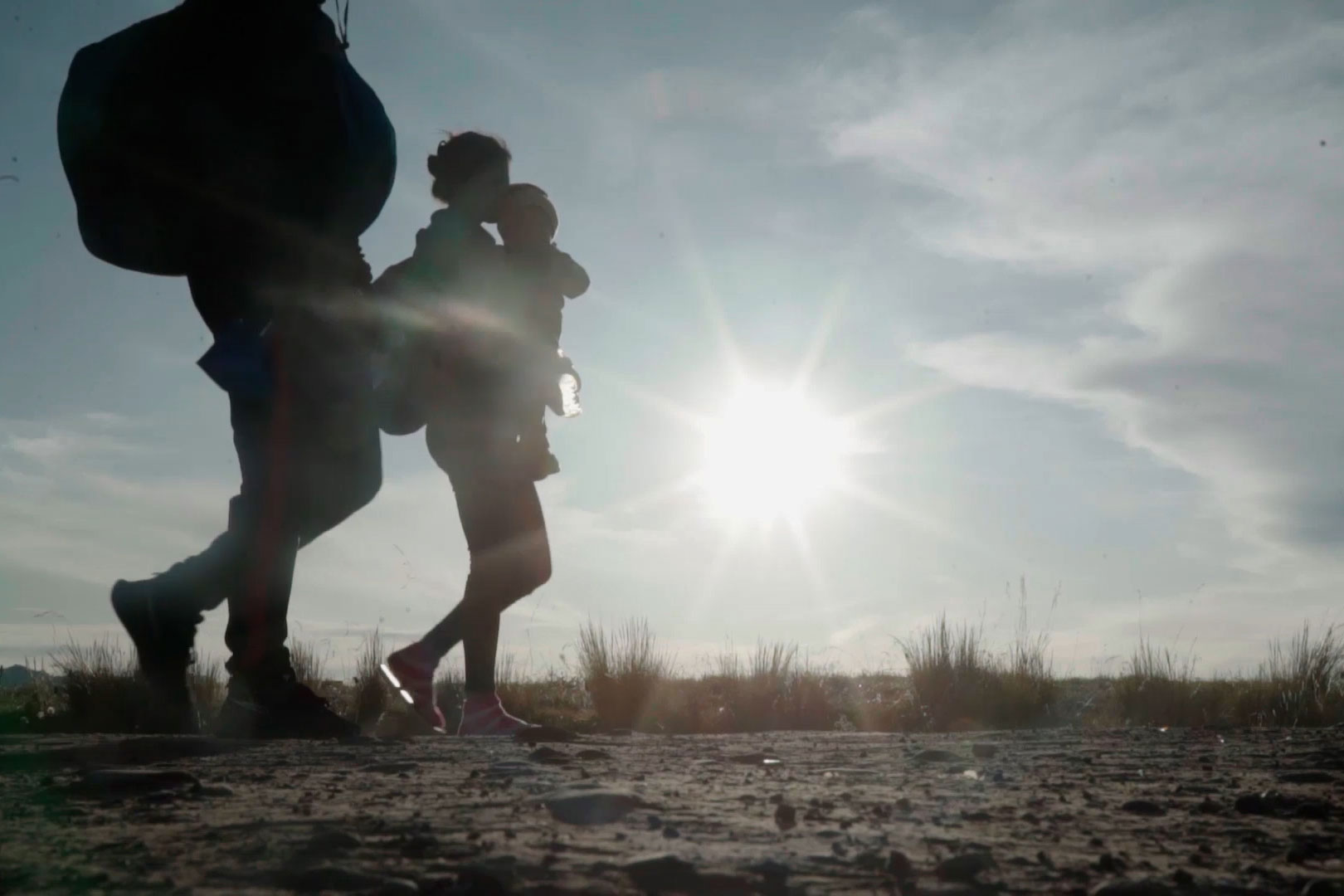
Bolivia
Providing health information and care to Venezuelan migrants
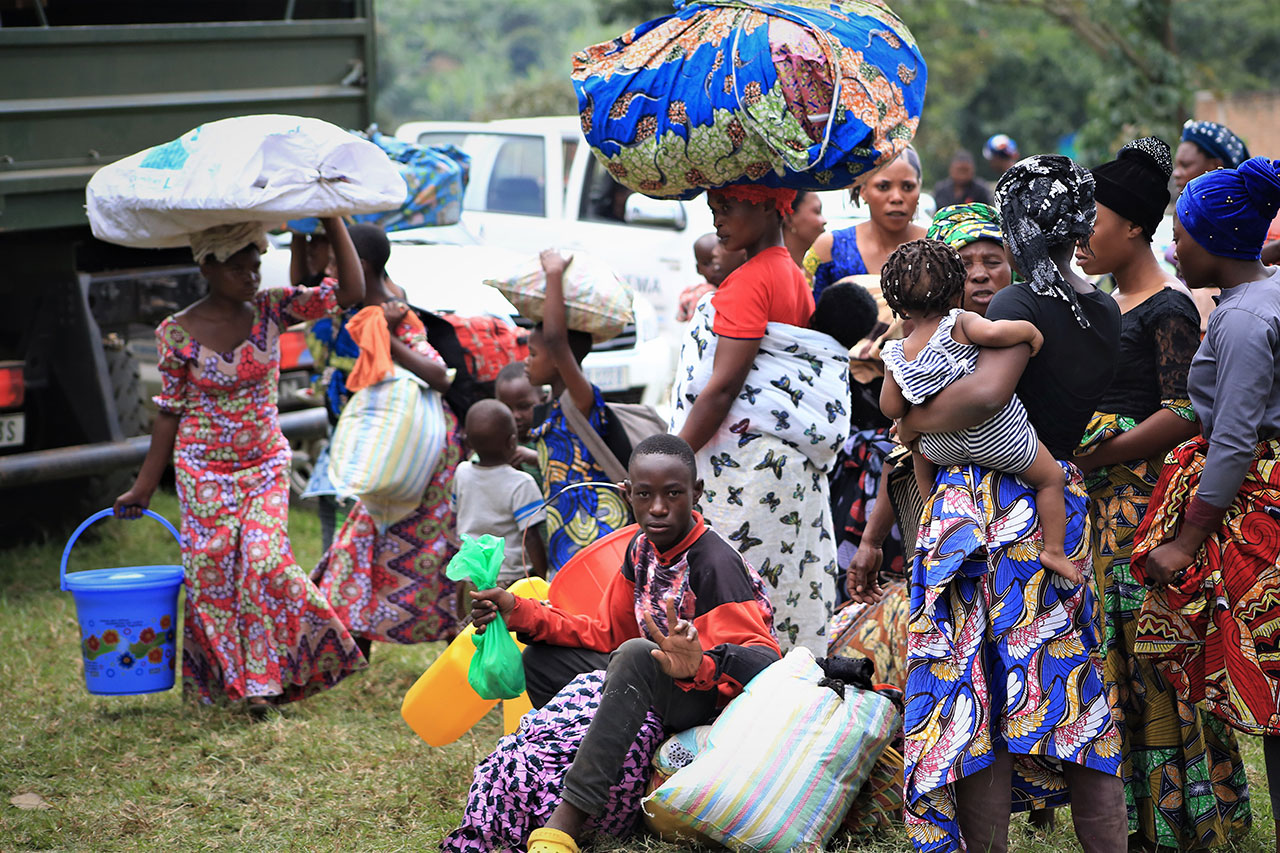
Democratic Republic of Congo
Ensuring care for internally displaced people
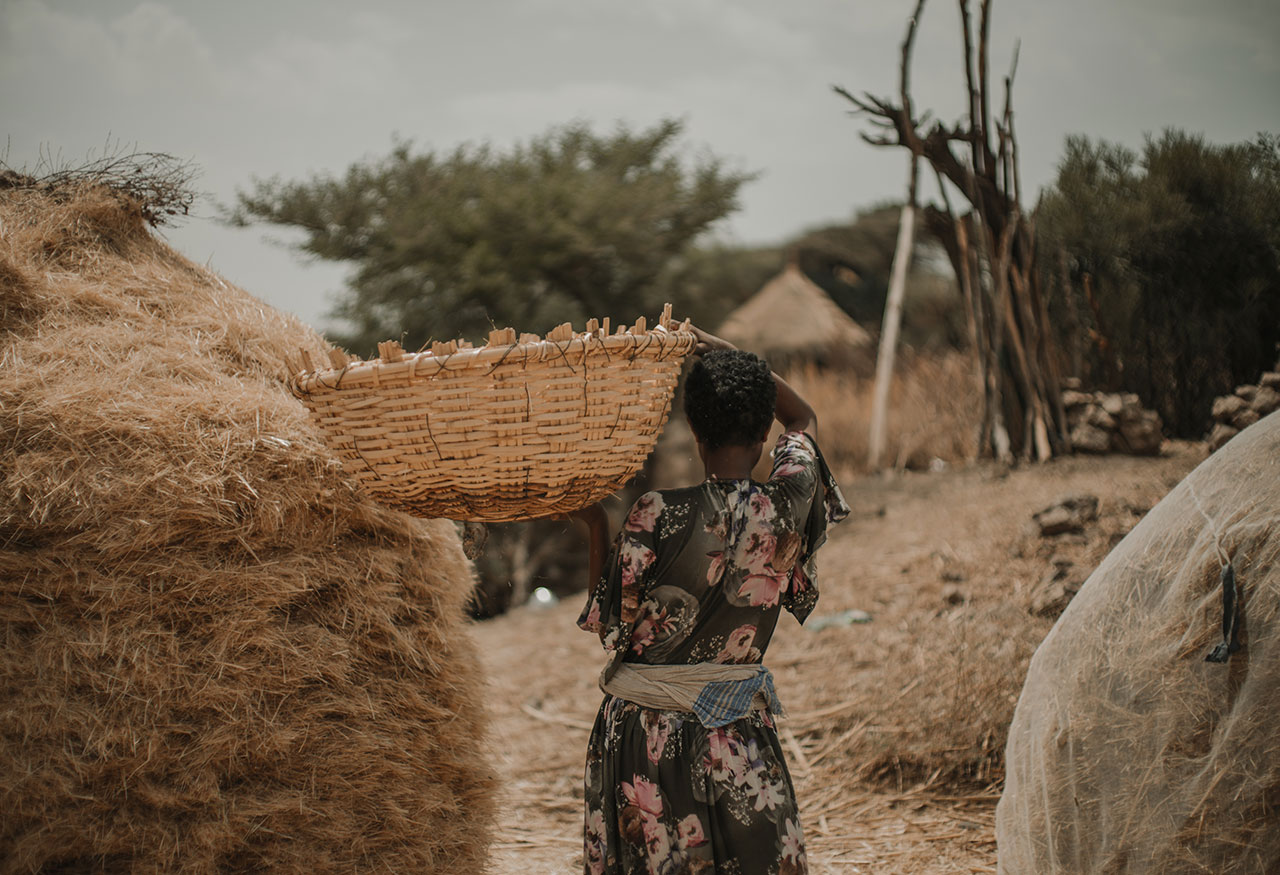
Ethiopia
Partnering with community groups and health workers during civil war
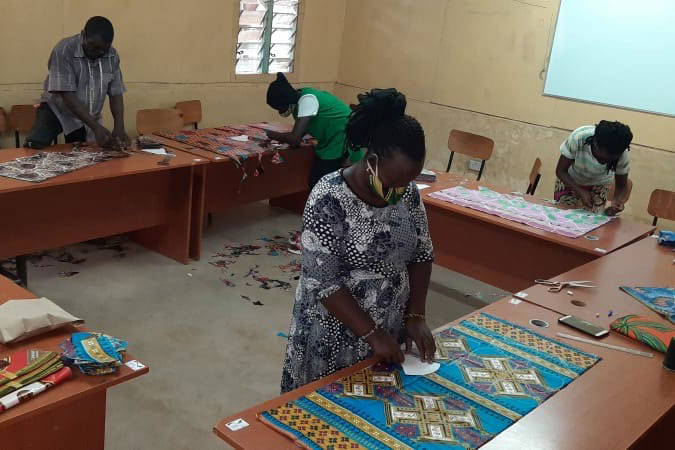
Kenya
Partnering with refugees to protect against COVID and ensure health-care access
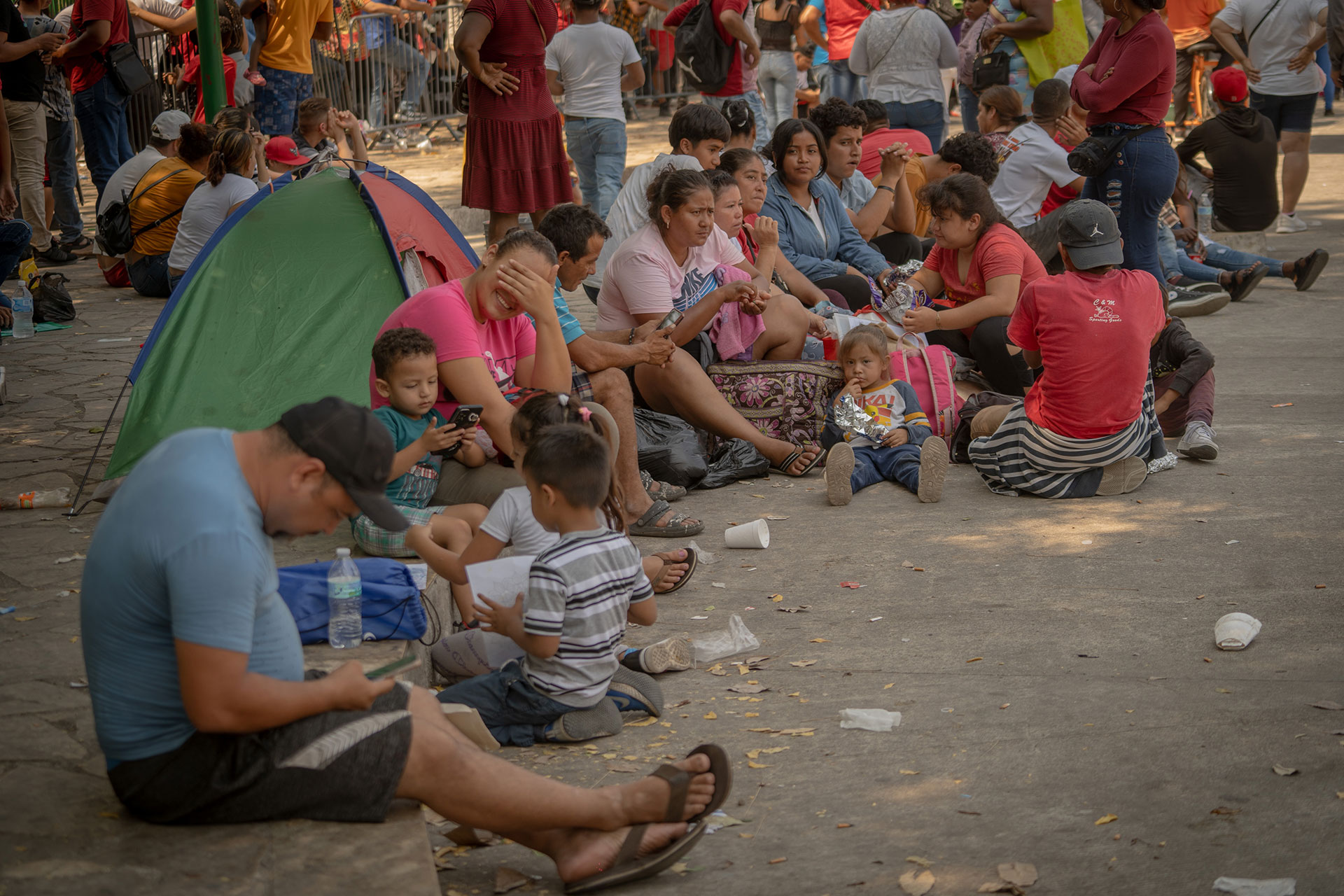
Mexico
Expanding abortion access along key migration routes
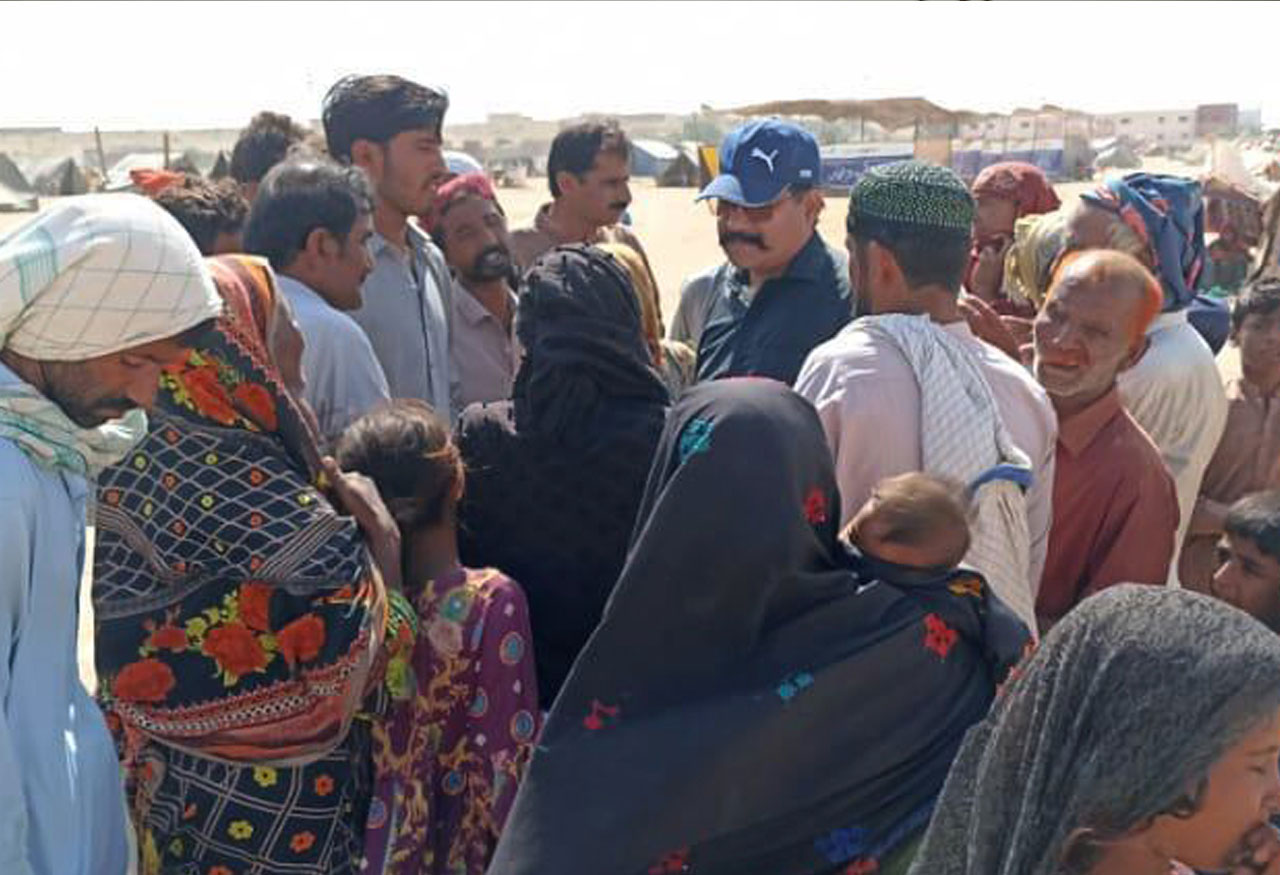
Pakistan
In flood-hit Pakistan, Ipas is ensuring reproductive health care

